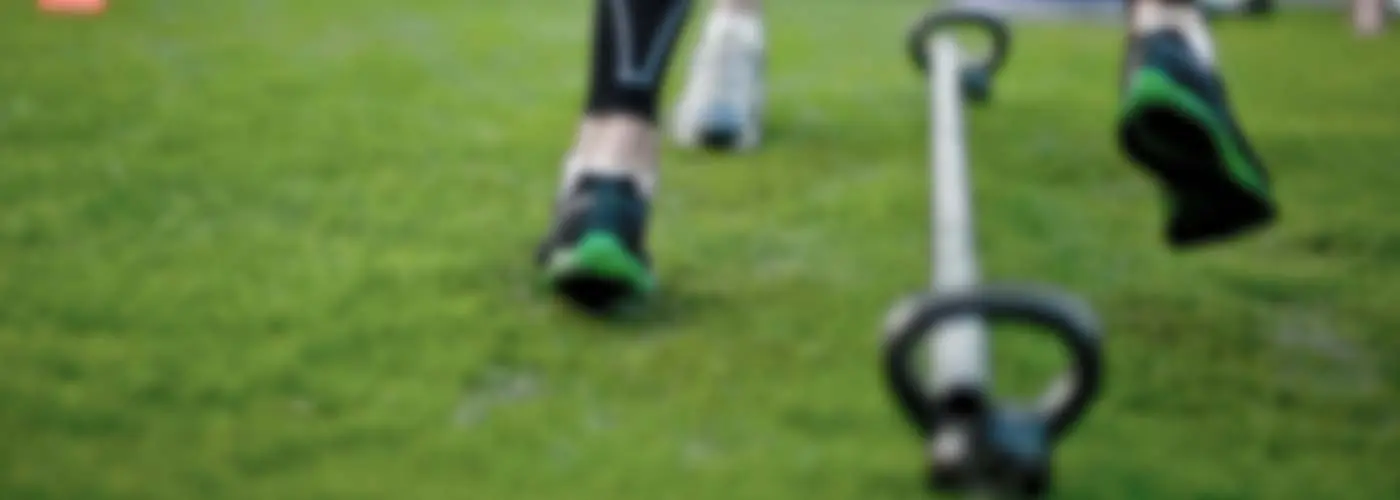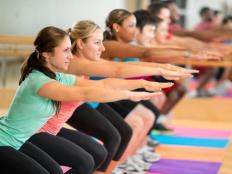According to a report from the American Lung Association, it may not be in most cities across the country, not to mention the world.
The issue over air quality has been spotlighted by the upcoming Olympic Games in Beijing. Beijing has long ranked as one of the world's most polluted cities. Its air quality has raised concern for the health and performances of Olympic athletes, prompting the Chinese government to take immediate action.
Beijing's State Environmental Protection Administration has said that the city's air quality will meet safe standards for the 2008 Olympic athletes.
But Olympians aren't the only ones at risk.
"Air quality isn't just a Beijing issue," says Kelly Berardini, a California Athletic Trainers' Association spokesperson and certified athletic trainer at Chapman University in Orange County. "Everyday athletes here at home don't have the convenience of such immediate, critical attention to pollution."
California continues to dominate the list of places nationwide with the worst air pollution. Half of California's 52 counties received failing grades for high ozone days, particle pollution days, or both.
Unhealthy levels of both create serious, and potentially life-threatening risks for children, teens, seniors, and people suffering from respiratory problems such as asthma, chronic bronchitis, emphysema, cardiovascular disease and diabetes.
"Particle pollution chokes our lungs," says Dr. Tony Gerber, an American Lung Association of California volunteer, pulmonary specialist and assistant professor at the University of California, San Francisco. "The body's natural defenses can't keep these microscopic particles from burrowing deep in the lungs, and the particles then trigger breathing problems, asthma attacks, strokes, lung cancer and even death."
Hiding inside however is not the answer.
Summer means little league games and visits to local beaches, bays and parks. It's important to be aware of outside dangers.
The CATA advises athletes and active individuals at every level to pay special attention to where and when they spend their time outdoors.
Here are some tips to staying healthy when the air quality isn't:
- Time workouts. Exercise or train in the healthiest environment possible. That means heading out in the early morning or later in the afternoon--when the air is less dense--and avoiding the morning and evening commutes.
- Take workouts inside. Had indoors during peak smog hours and do supplemental exercise like weight training or stretching.
- Keep exposure to a minimum. Being around pollution often can affect performance and health over time. The nose acts as a natural air filter. But athletes often breathe through their mouth, taking in two times as much unfiltered air--meaning greater exposure to toxins. If you must exercise outdoors, keep a safe distance from exhaust-emitting cars and try to breathe through your nose.
- Monitor air quality. Anyone can monitor a city's air quality online. Visit http://airnow.gov/ to sign up for daily air quality news alerts and stay on top of the day's smog forecast.
- Pay attention to symptoms. Abnormal wheezing, coughing, sneezing and sniffling can be warning signs of exercise-induced asthma often caused by prolonged exposure to polluted air. A certified athletic trainer or physician can administer a pulmonary function test to monitor breathing response and track any lung damage.
- Asthma and COPD cautions. Pollution poses a serious risk for people with respiratory problems such as asthma and Chronic Obstructive Pulmonary Disease--increasing the chance of an asthma attack or acute infections. Follow inhaler directions carefully before heading out. Avoid peak pollution hours.
- Mask it. If you feel more comfortable wearing a mask during peak smog hours, the CATA recommends an activated carbon filter mask. They are more effective at filtering pollutants than a common surgical face mask.
"The bottom line is that air pollution makes us sick," says Berardini, "but by being cautious and careful about when and where we head outdoors, we can stay safe and play safe all summer long."
Fitness Events Near You
Strength + Cardio Fitness
Columbus Recreation and Parks Department • Westerville, OH
Fitness
Yoga for Women
Columbus Recreation and Parks Department • Westerville, OH
Fitness
Adult Open Pickleball
Columbus Recreation and Parks Department • Westerville, OH
Fitness , Racquet sports
Get ACTIVE on the Go


Couch to 5K®
The best way to get new runners off the couch and across the finish line of their first 5K.
Available for iOS | Android








Discuss This Article